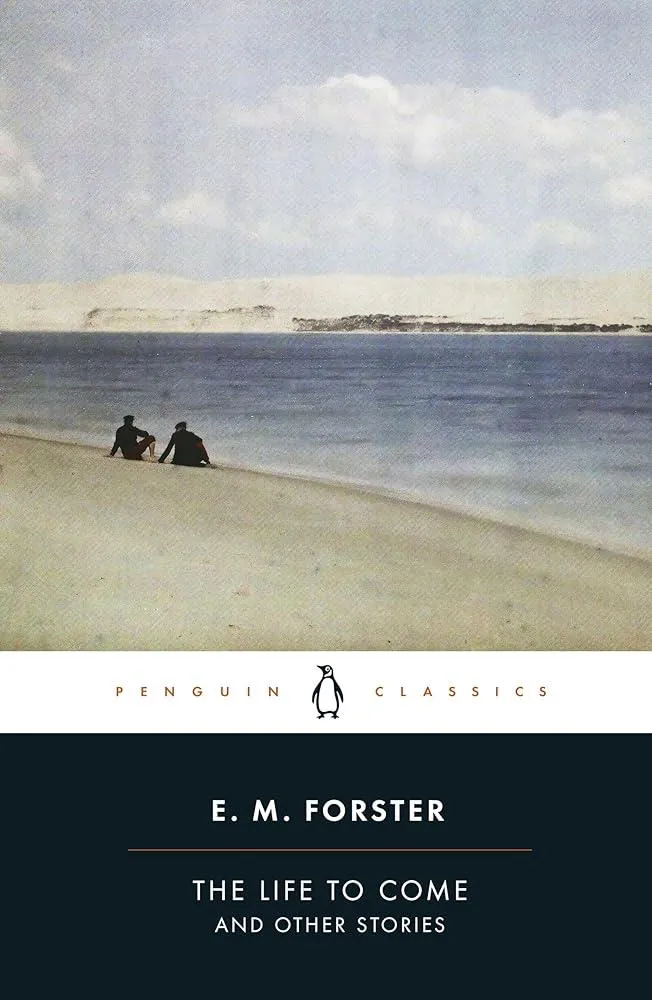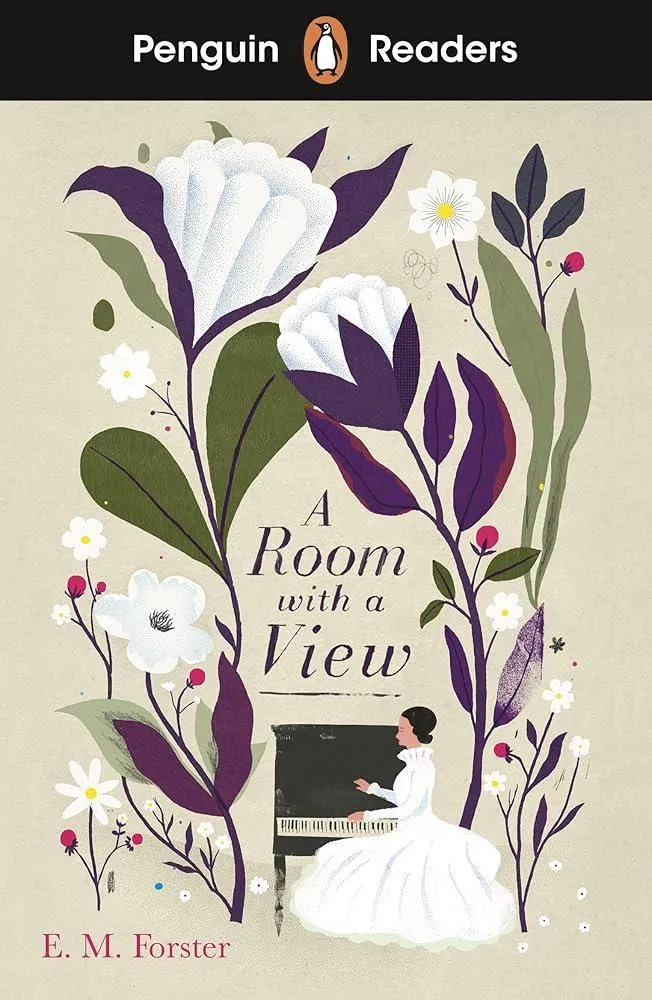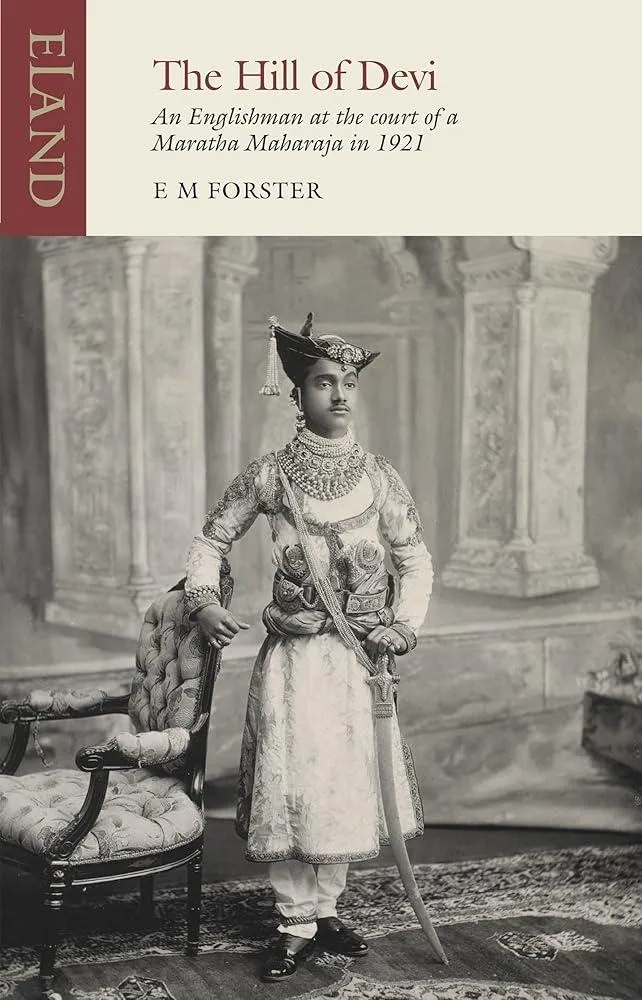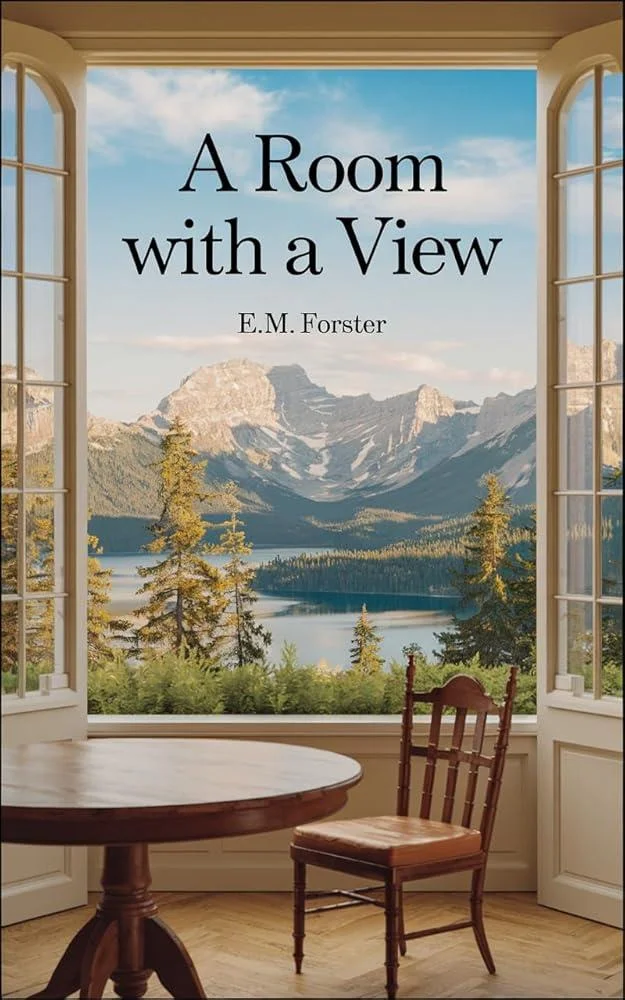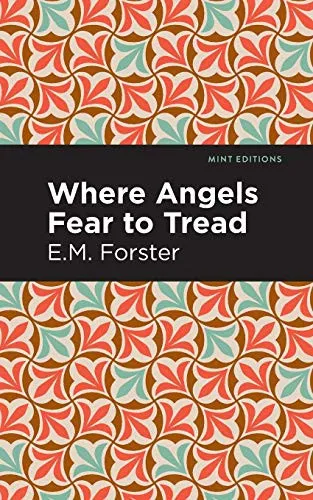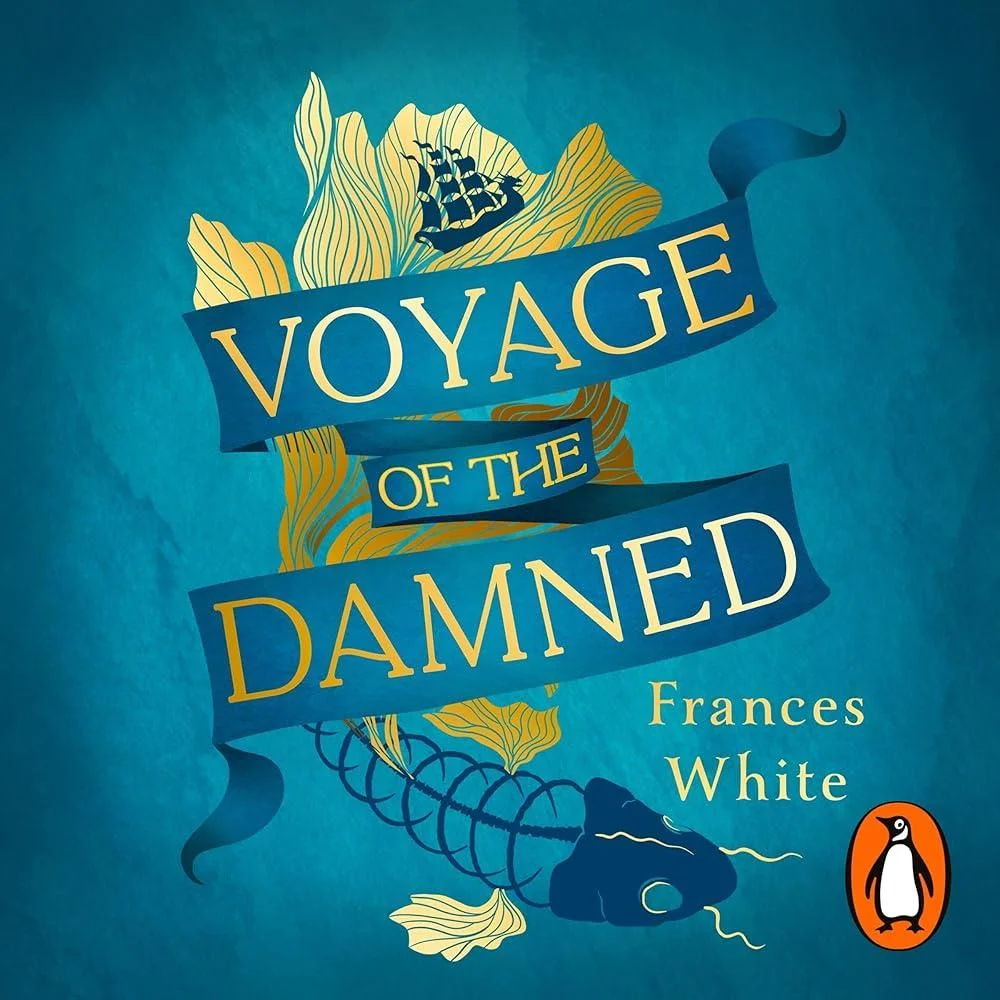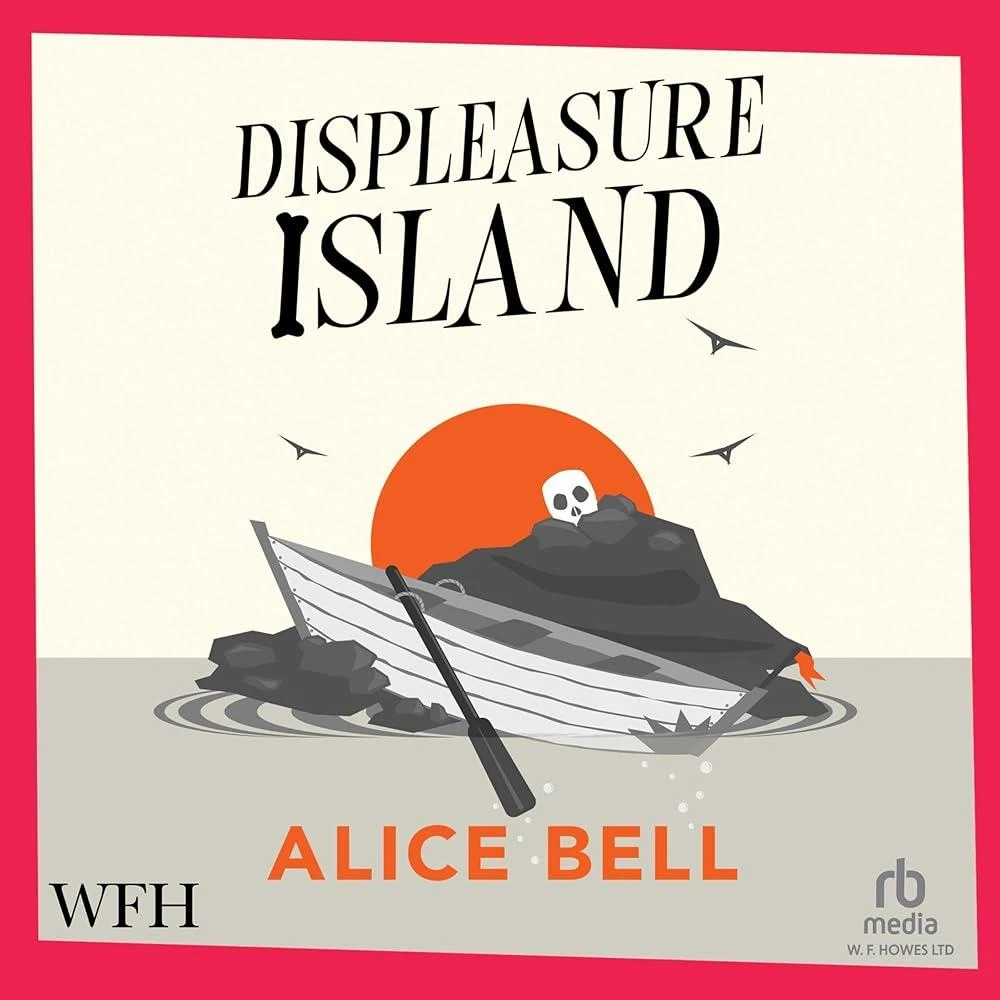
E. H. Forster wrote a book titled A Passage to India on his trip to India in 1912-1913 and his time serving as the Maharajah of Dewas State's private secretary in 1921-1922. Ross Masood, a friend of his, was honoured in the dedication.A young British schoolteacher travels to the fictional city of Chandrapore with an elderly friend. Adela must choose whether or not she wants to wed Ronny Heaslop, the son of Mrs. Moore. Young Indian Muslim doctor Dr. Aziz is having dinner with two of his Indian friends when they start talking about whether it's feasible to be friends with an Englishman.Cyril Fielding, the principal of Chandrapore's government-run college for Indians, is introduced to Adela. Adela is assisted by Aziz as she climbs to the upper caverns with the aid of a guide. Aziz is detained and accused of abusing Adela sexually. The run-up to his trial releases the racial tensions between the British and Indians. Mrs. Moore dies during the voyage to England before she can testify at Aziz's trial. At the trial, her absence from India becomes a significant issue. Aziz is upset at Fielding for being friends with Adela after she almost destroyed his life. The bond between the two men weakens, and Fielding leaves for England.
E.M. Forster
E.M. Forster was a British novelist and essayist known for his insightful social commentary and exploration of human relationships. His most notable works include "A Passage to India," "Howards End," and "A Room with a View." Forster's writing style is characterized by its clarity, wit, and empathy towards his characters. He is credited with pioneering the psychological novel and challenging traditional British social norms. "A Passage to India" is considered his masterpiece, tackling themes of colonialism, race, and cultural misunderstanding. Forster's works continue to be celebrated for their timeless relevance and profound exploration of human nature.
